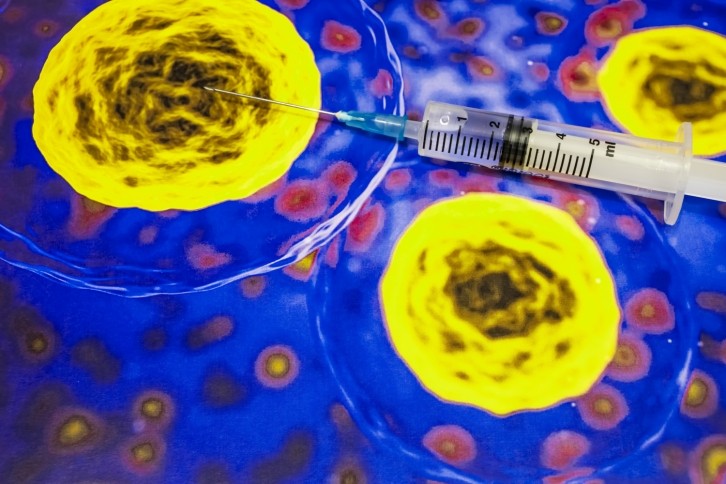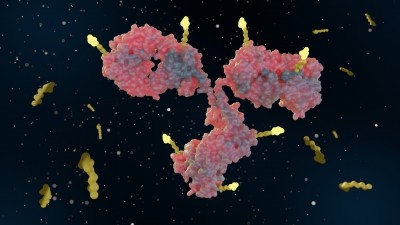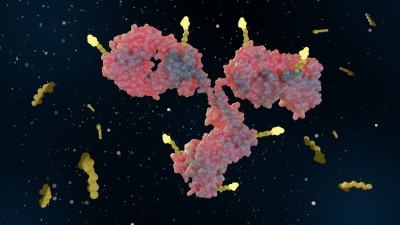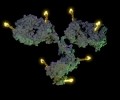Myricx Bio using £90M series A round taking ADC pipelines through clinical proof of concept

Myricx Bio will use the proceeds of its £90 million ($114 million) round to take its pipeline of antibody-drug conjugates through clinical proof of concept. The round, which was co-led by Novo Holdings and Abingworth, will also help Myricx also plans to develop its platform for designing payloads for ADCs.
The Imperial College London spinout “now has the resources to grow into a fully-fledged R&D company with our own laboratories, and an in-house R&D team with expanded management capabilities,” said CEO Robin CarrMyricx in a public statement.
Overcoming tumor resistance to ADCs
ADCs consist of an antibody drug connected to an anti-cancer payload with a linker molecule. Traditional payloads include chemotherapy drugs such as microtubule and topoisomerase inhibitors, which are delivered to tumor sites by the antibody component with fewer off-target effects than the payload alone. However, tumors can also develop resistance to these payloads, driving the need for new mechanisms of action.
Myricx is developing payloads that block N-Myristoyltransferase (NMT), an enzyme that is necessary for the function of proteins that cancer cells need to survive. The target is required for the function of 1% of the proteins encoded in the human genome, and blocking it could be an effective and selective treatment for cancer, according to Myricx’s website.
“We are not aware of other ADC-based companies that are developing NMT inhibitors as payloads, which places Myricx in a unique position,” Michael Bauer, Partner at Novo Holdings Venture Investments, told BioPharma Reporter. “If successful, NMT inhibitor ADCs have the potential to be disruptive to the field.”
Myricx’s first ADC programs have already shown promise in preclinical studies, including in cancers that are resistant to traditional payloads, said Bauer. The company’s ADC candidates are targeted against B7-H3 and HER2, proteins that are highly expressed on tumor cells.
Being a first mover with an ADC payload involves “a higher risk then when developing modifications of known themes,” Bauer noted. However, Myricx’s expertise in NMT biology gives it an advantage in developing this class of drug, he added.
ADCs gaining momentum
ADCs have been in the market for decades with distinct targets including CD22, HER2 and nectin4. The total revenues for these drugs surpassed $10 billion in 2023, with those of five ADCs surpassing $1 billion, said Bauer, adding that the total is expected to hit $26bn in 2028.
The progress of ADC technology over the years is drawing attention to startups from investors, with one example being Tubulis in Germany, which raised €128 million ($138 million) in a Series B2 round in March. In parallel, big pharma companies have shown big interest in snapping up the most promising ADCs in the last few years, such as Pfizer’s $43 billion takeover of Seagen, and AbbVie’s $10.1 billion acquisition of ImmunoGen.











